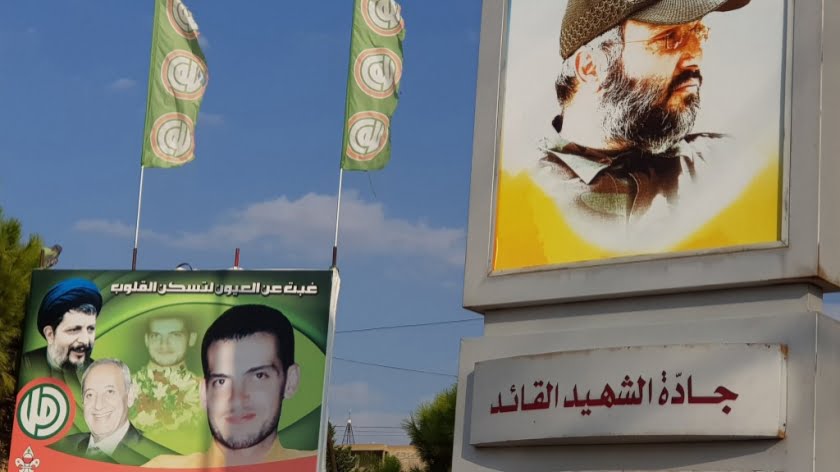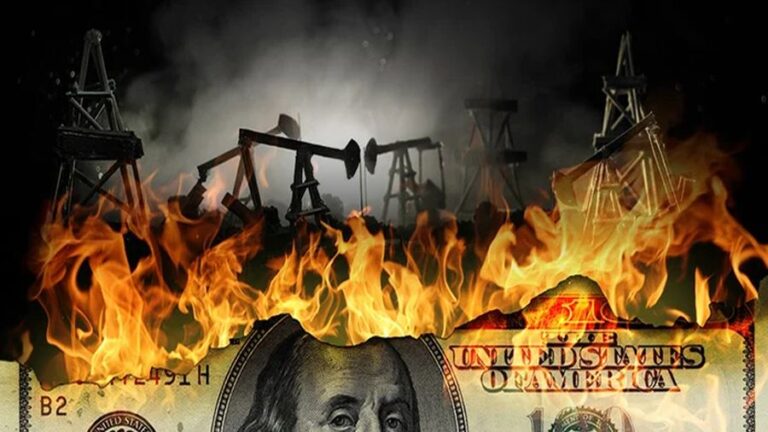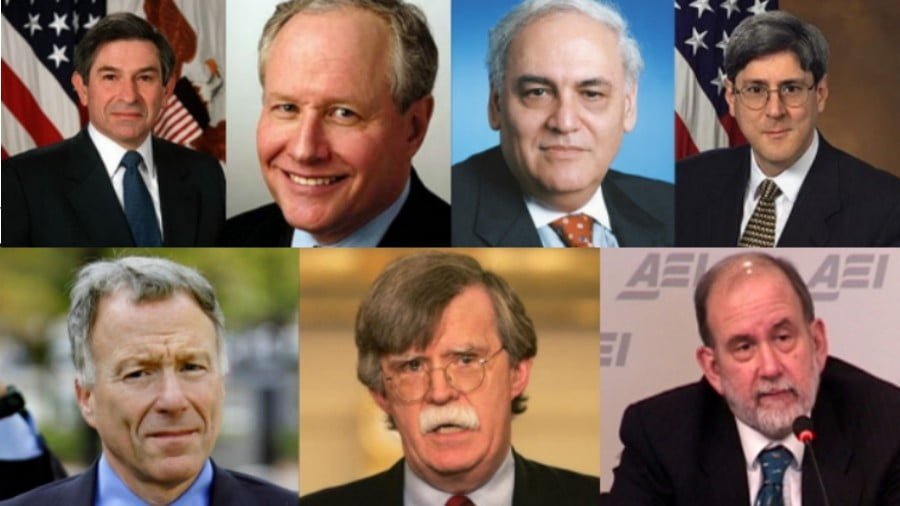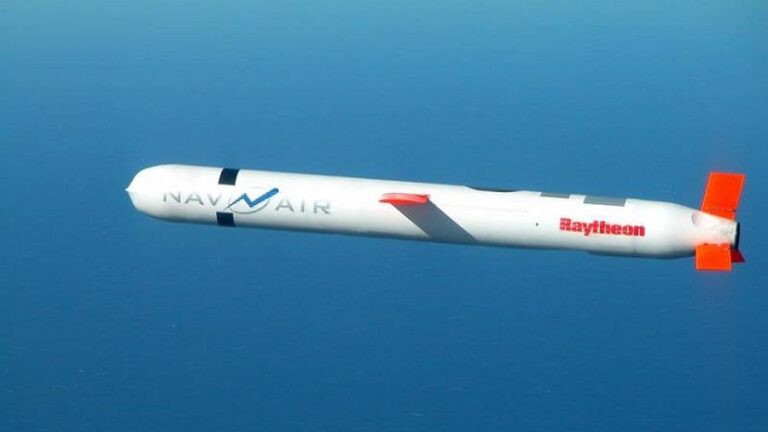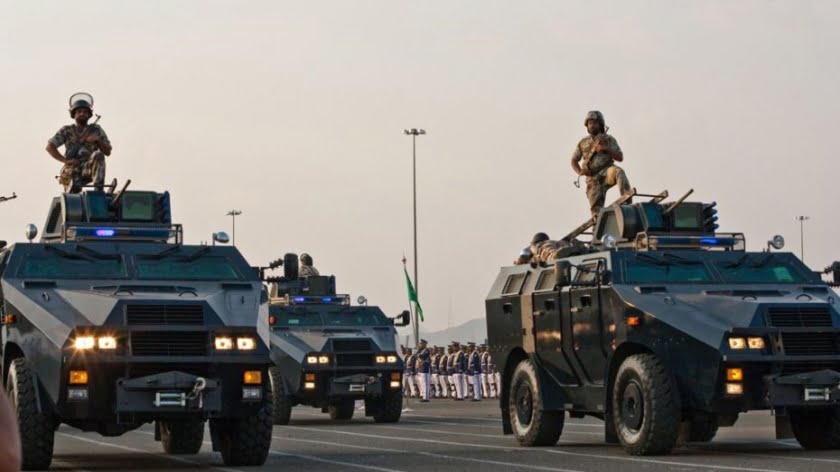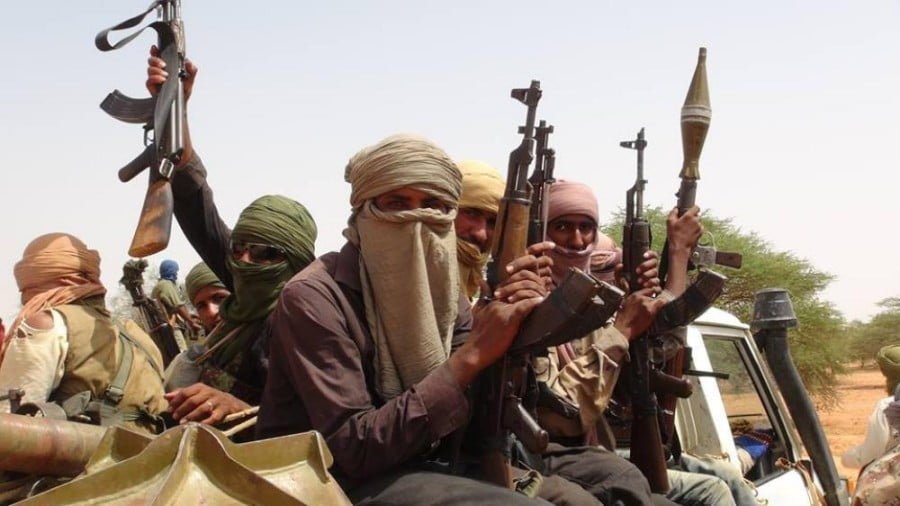Lebanon and Iraq Protestors: The US, Israel and Saudi Arabia Are Fed Up with Iran 2/4
In 1975, Lebanon went through 15 years of violent and destructive civil war. The circumstances before the beginning of the war were aimed at destroying and removing the Palestinian Liberation organisation (PLO) led by Yasser Arafat. Palestinians were drawn into a civil war in Lebanon, paving the way for an Israeli invasion in 1982 that finally led to the departure of the PLO from Lebanon (and the “Islamic Resistance” that became years later known as Hezbollah). Today, in Lebanon, Hezbollah believes the same scenario could be repeated if dragged onto the street to face protestors. This is why the leadership is exerting patience and restraint, and will continue to do so, to keep control of its men, off the streets.
However, there were strong voices among protestors asking “Why is Hezbollah covering or protecting its allies regardless of accusations of corruption?”
Years before the Hezbollah officially emerged in 1985, the “Islamic resistance” was already engaged in liberating the Lebanese territory occupied by the Israeli invasion in 1982. A few years after the withdrawal of Israeli occupation forces from most cities and villages in the year 2000, Hezbollah emerged on the political scene. Political engagement created a difficult challenge for the organisation’s leadership. Many within its Shura council wanted to keep a distance from the corrupt government that had led the country since 1992, and were afraid of being called to account with Lebanon’s old guard of corrupt political leaders.
Hezbollah decided to maintain only one minister in the government, in order to have ears present at every meeting and debate within the Lebanese Council of Ministers. After some years, Hezbollah decided to become a full partner in Parliament and in the cabinet of ministers with its Shia ally, the Speaker and leader of the “Amal” movement Nabih Berri. Following withdrawal of the Syrian Army from Lebanon in 2005 and the third Israeli war on Lebanon in 2006, Hezbollah decided to take its share, along with Berri, in appointing the security officers allocated for the Shia,and left to the Speaker all other senior and junior jobs to be allocated to Shia, in accordance with the Lebanese confessional system. Hezbollah’s relationship with Amal was conditioned on one key principle: appointing a security officer in the Army or other security forces had to be approved by both main Shia groups.
Hezbollah fulfilled its goal of protecting the Lebanese Shia. Hezbollah’s aim was to ensure that the historically disfavoured group would never again be subject to injustice within the Lebanese political system. Long decades of unfairness towards the Shia in Lebanon came to an end when Hezbollah became a powerful and effective military and social group.
Hezbollah is today “the one who nominates the President of the Republic” after its successful years of war against “Islamic State” and al-Qaeda on the Lebanese borders, and in Syria and Iraq. Hezbollah’s men operated within a territory ten times bigger than Lebanon in both neighbouring countries. Hezbollah is not merely a domestic group but a regional and international player. Its men were present in Bosnia, Yemen, Iraq, Syria and Palestine in keeping with their oft-repeated goal to defend the oppressed wherever they are found. Secretary General Sayyed Hassan Nasrallah recently confirmed this mission: “Wherever we need to be present, we shall be there”. But Hezbollah’s involvement in regional wars and domestic policies has had both positive and negative effects on the group and its operations.
Militarily speaking, Hezbollah is one of the strongest irregular but organised armies in the Middle East. It has tens of thousands of rockets and missiles, long-range precision missiles, anti-ship and anti-air missiles, armed drones, electronic and surveillance capabilities (phone tapping), and thousands of Special Operational Forces.
Domestically, its alliance and strong bond with its Shia partner, Speaker Nabih Berri, and his Christian partner, President of the Republic Michel Aoun, along with his son-in-law, Foreign Minister GebranBassil (who acts as the head of the Free Patriotic Movement (FPM)) is not without cost. In recent weeks of protests in the country, for the first time Shia who are considered an integral part of “Hezbollah society” came out into the open and harshly criticised Berri and Bassil, contesting Hezbollah’s alleged support for allies accused of corruption.
What appears to be an anti-corruption uprising in Lebanon is also an indirect anti-Hezbollah campaign, aiming to cripple its allies when it is not possible to hit Hezbollah itself directly. Many regional and international players, who recognise that they cannot face down Hezbollah on a battlefield (as shown by its victories when confronting Israel, in Syria, Iraq and in the Yemen), would be delighted to see Hezbollah involved in domestic political battles, unrest or quagmires. This has been the US administration’s policy, carried out untiringly by US Secretary of State Mike Pompeo. Can he succeed?
By Elijah J. Magnier
Source: Elijah J. Magnier

